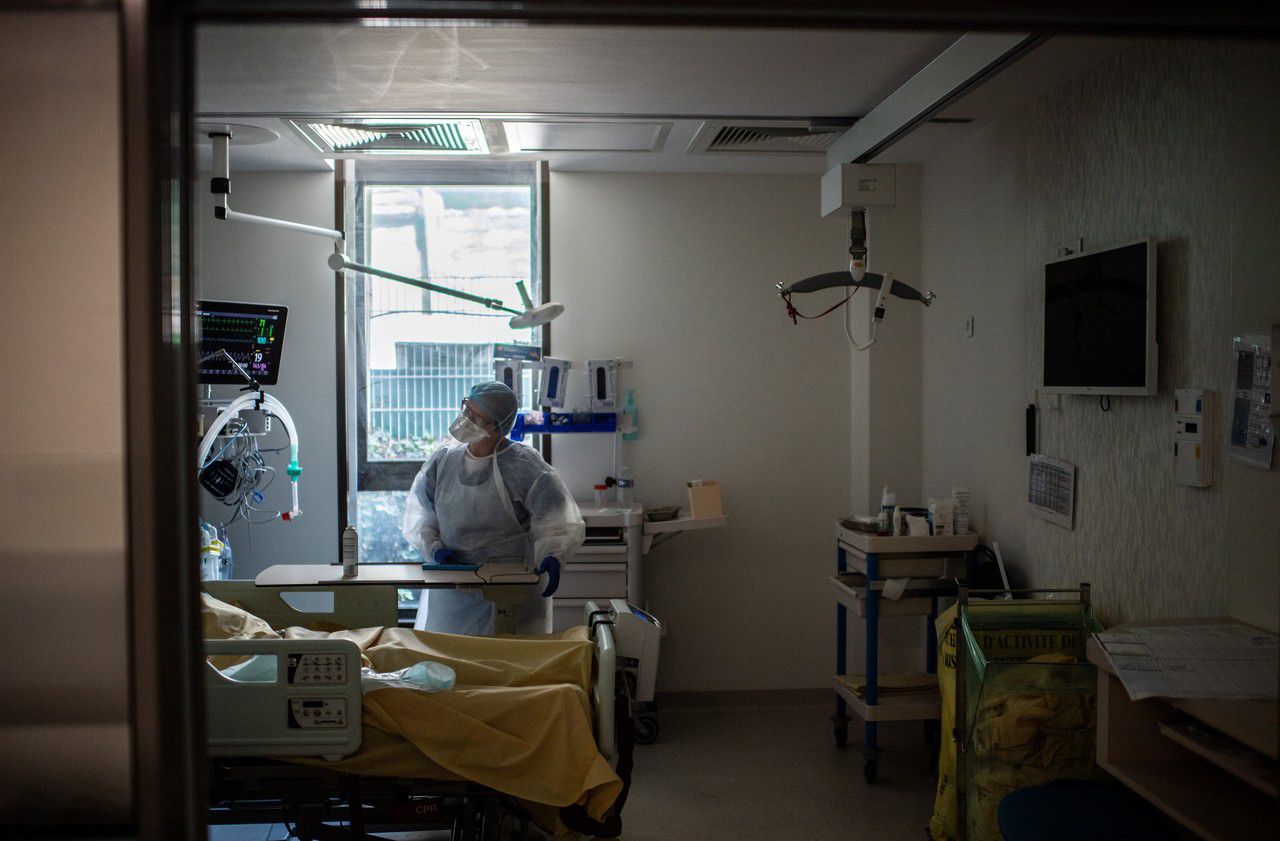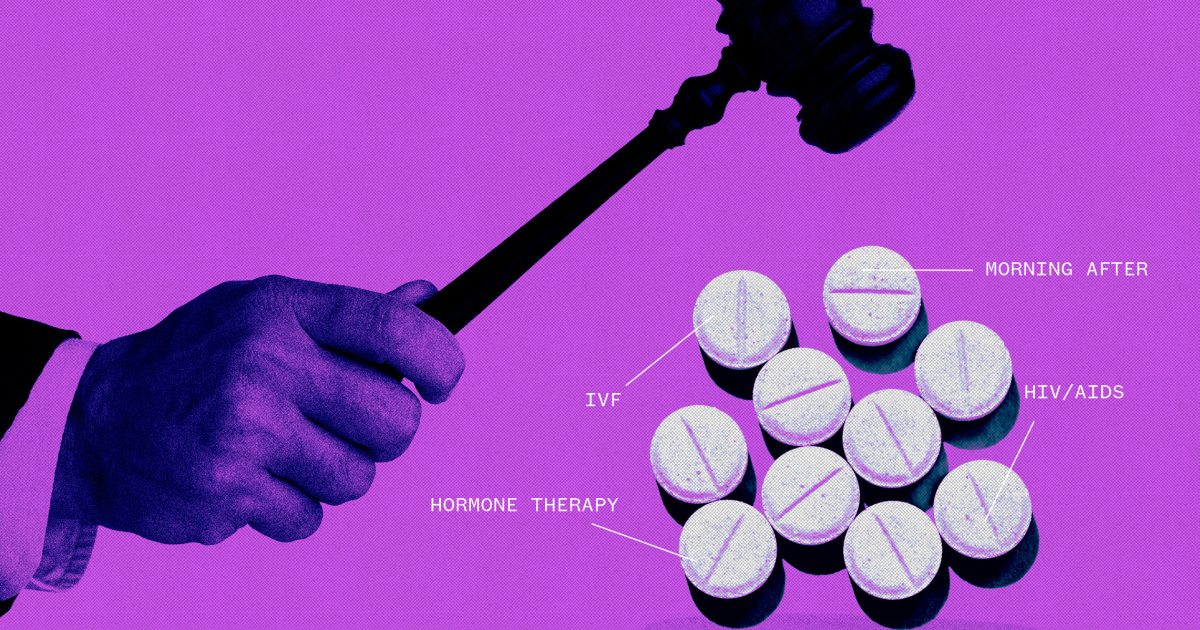Anakinra. This drug may not tell you much, but it is believed to have beneficial effects on patients with Covid-19. This is what suggests a new experiment conducted this time in Marseille (Bouches-du-Rhône), after previous work going in the same direction in the spring. Good news, while the fear of a "second wave" epidemic hangs over France. Doctors fear that the rebound in the daily number of new cases currently observed will lead, in the short to medium term, to an increase in the number of patients in intensive care units.
Here is what we know about this treatment, its potential effects, elements yet to be established and the race for other drugs.
What is anakinra?
This drug, sold under the name "Kineret", has been known and well established in the medical landscape for several decades. Part of the range of anti-inflammatory drugs, it is mainly used in rheumatology to treat certain diseases such as rheumatoid arthritis. It also has the advantage of not being associated with serious side effects.
How could it be effective against Covid-19?
To fully understand, it should be known that patients who die of Covid-19 usually succumb to a "cytokine storm", which occurs when the immune system reacts uncontrollably to an infection. The body then risks developing acute respiratory distress syndrome (ARDS), which can lead to death. "This is something that has been well known for thirty years, and we know that there are several molecules that can act in this mechanism", described to the Parisian Jean-Jacques Mourad, head of the internal medicine department of the Paris hospital group Saint-Joseph (GHPSJ).
In the case of Covid-19, this cytokine storm occurs on average "about a week after infection", adds the doctor. However, anakinra would have the ability to block one of the molecules involved in this inflammatory storm, interleukin-1.
What do we know about its effects?
Several studies carried out on a few dozen patients have shown encouraging results: anakinra would limit the risk of a very serious clinical form and therefore of going to intensive care or even death.
This Friday, Provence reported the experience carried out on 12 patients aged 61 on average and hospitalized at Public Assistance - Hospitals of Marseille (AP-HM). All received this drug and were pulled out of the woods while, "in a control group of 10 patients with a very similar profile, we deplored two deaths", indicates daily Professor Gilles Kaplanski, specialist in internal medicine and immunology.
In the spring, a multidisciplinary team from the GHPSJ (14th arrondissement of Paris) administered anakinra to 52 patients. Here too, the benefits were more than promising: a quarter of them had been transferred to intensive care or died, against nearly 73% of those who did not. The study continued and, today, it concerned "125 patients in total, with results of the same ilk", indicates Jean-Jacques Mourad, the co-author of the study (these results are in analysis course before a possible publication). "There are other studies, especially in Italy and the United States, which go in the same direction", adds the doctor.
What remains to be demonstrated?
The fact remains that all this work concerning anakinra has not been carried out in the forms usually required of a clinical trial, in particular randomization (randomization in a particular group of patients) and the participation of a large number of patients. sick. “But the magnitude of the benefit is so obvious! », Sweeps the doctor of the GHPSJ.
Newsletter - Most of the news
Every morning, the news seen by Le ParisienI'm registering
Your email address is collected by Le Parisien to enable you to receive our news and commercial offers. Learn more
VIDEO. Wearing a compulsory mask, a measure "to remind people of the absolute need to be vigilant"
This treatment could therefore be useful ... but it would prove ineffective if, as some experts believe, the virus had already mutated (which part of the scientific community disputes). “I would be extremely happy if anakinra is no longer useful as that would imply that the virus has mutated. On the other hand, after a period without any Covid-19 at the very beginning of the summer, we are starting to review patients with admittedly less serious forms. But the wave is still there in some foreign countries ”, warn Jean-Jacques Mourad.
What are the other possible treatments?
Anakinra is not the only product that gives rise to hope. Other immuno-moderators, such as dexamethasone, are also under study. "According to preliminary results, this treatment reduces the mortality of patients placed on ventilators by about a third and the mortality of patients placed on oxygen only," writes the World Health Organization (WHO) about dexamethasone.
In the range of antivirals, remdesivir is still being tested in the European clinical trial Solidarity. Other drugs launched by lesser-known laboratories or even by biotechs are also in the running in this race for treatments. On the other hand, the hydroxychloroquine popularized by Professor Raoult no longer seems at all as promising as what several infectious diseases specialists hoped at the beginning of spring.
But as the government recalls on its site, "there is not yet a specific effective, validated and approved treatment against the virus". While waiting for the arrival of a vaccine, perhaps at the end of the year, as Emmanuel Macron advanced this Thursday.








